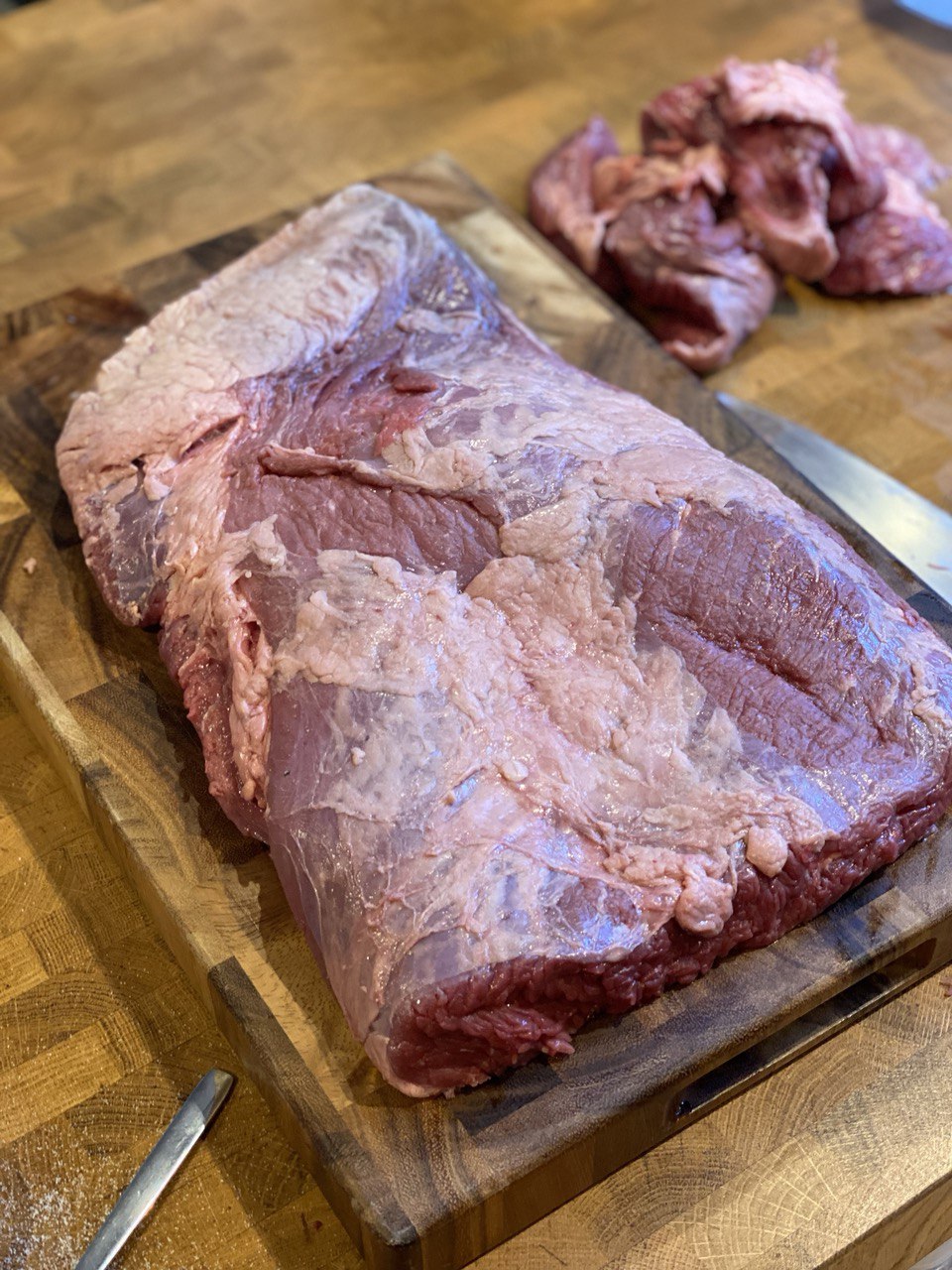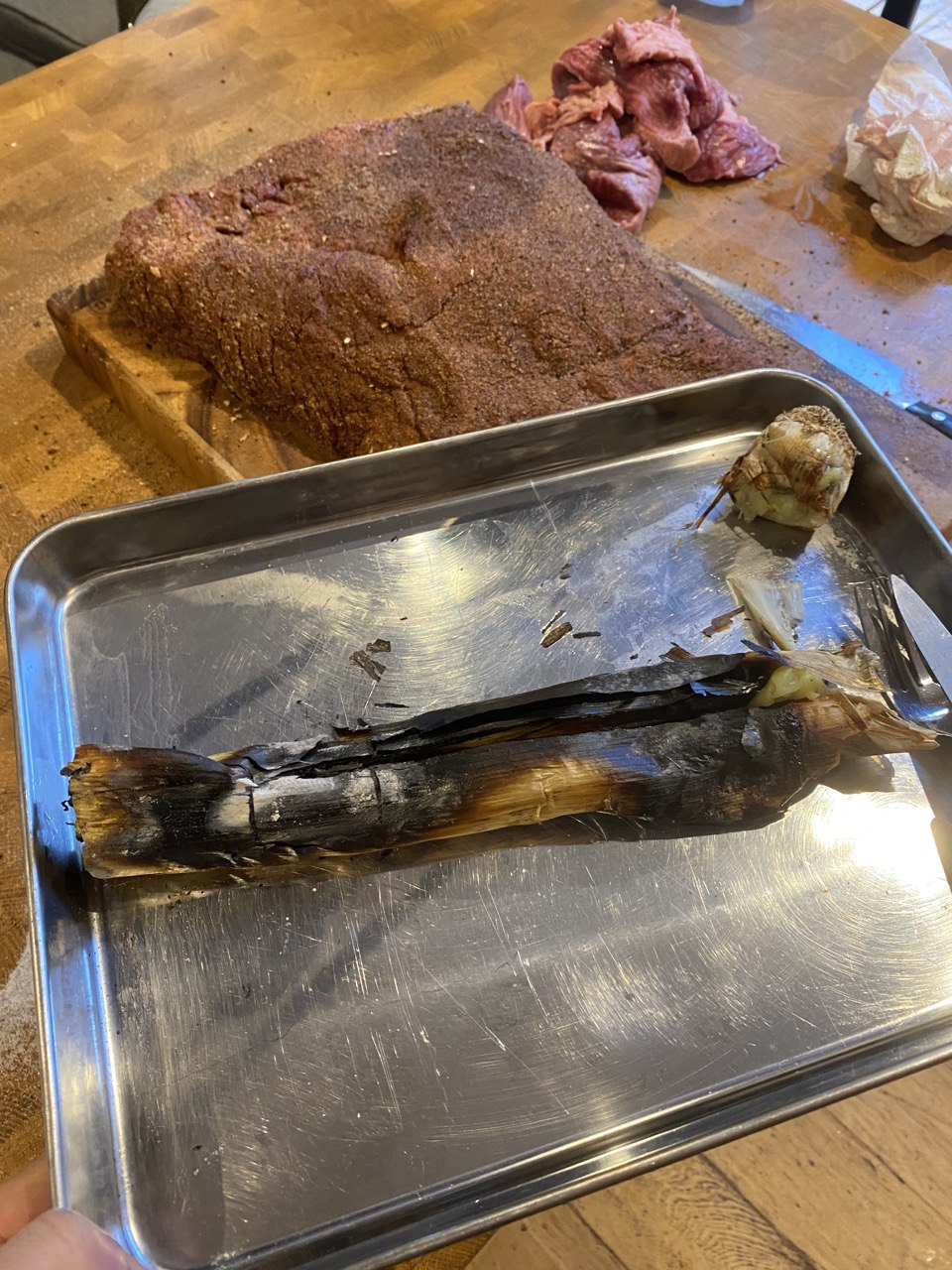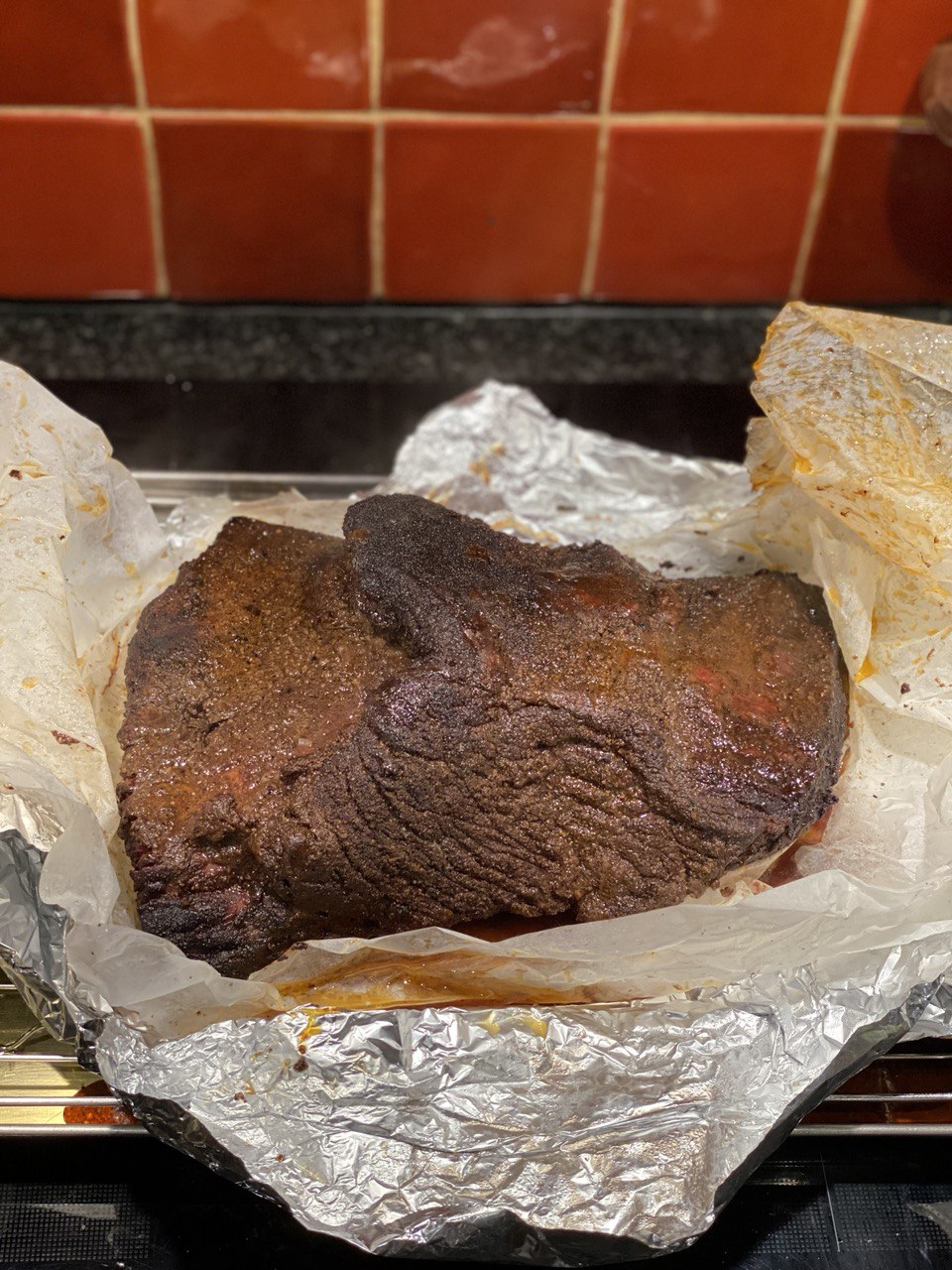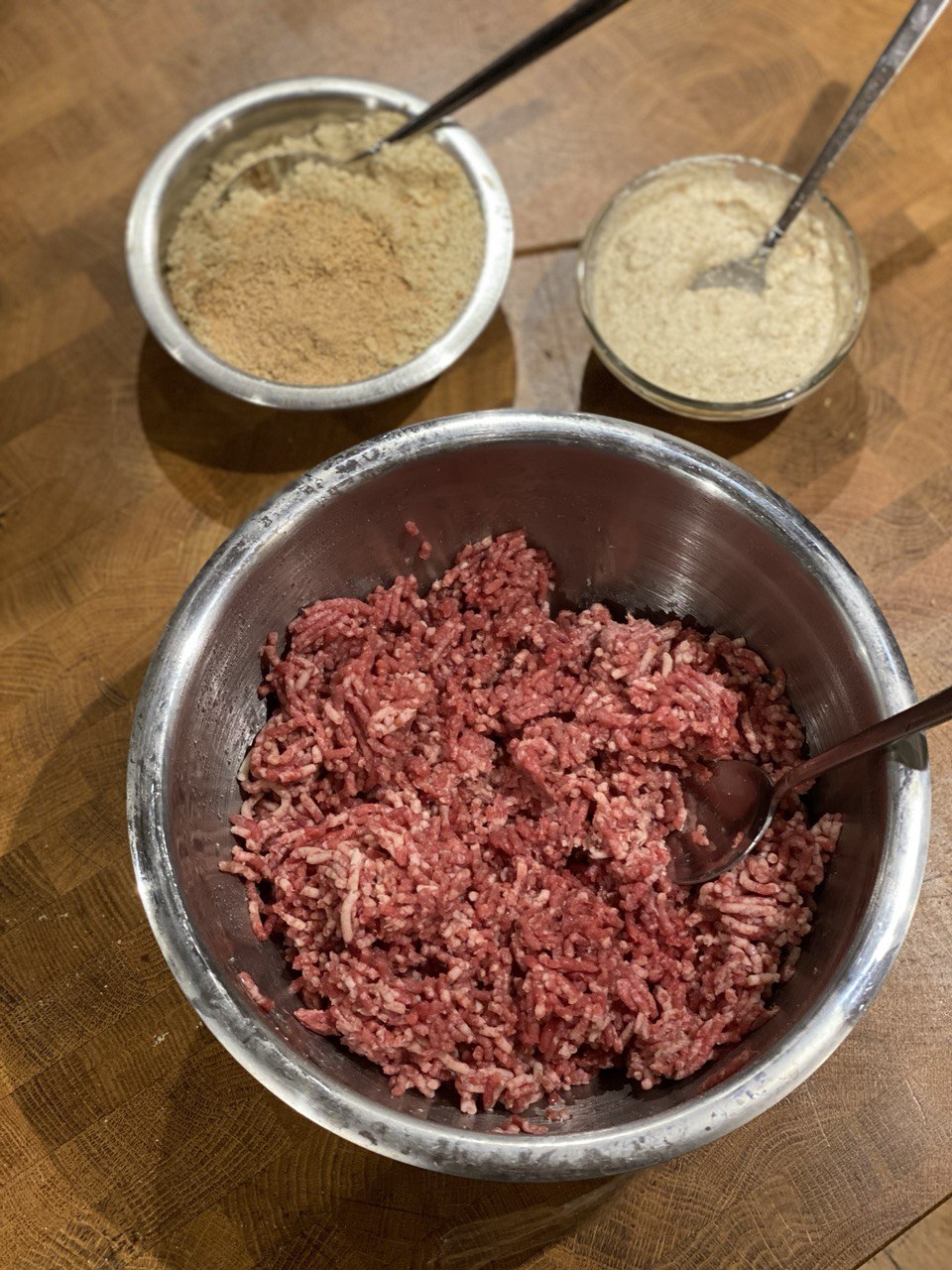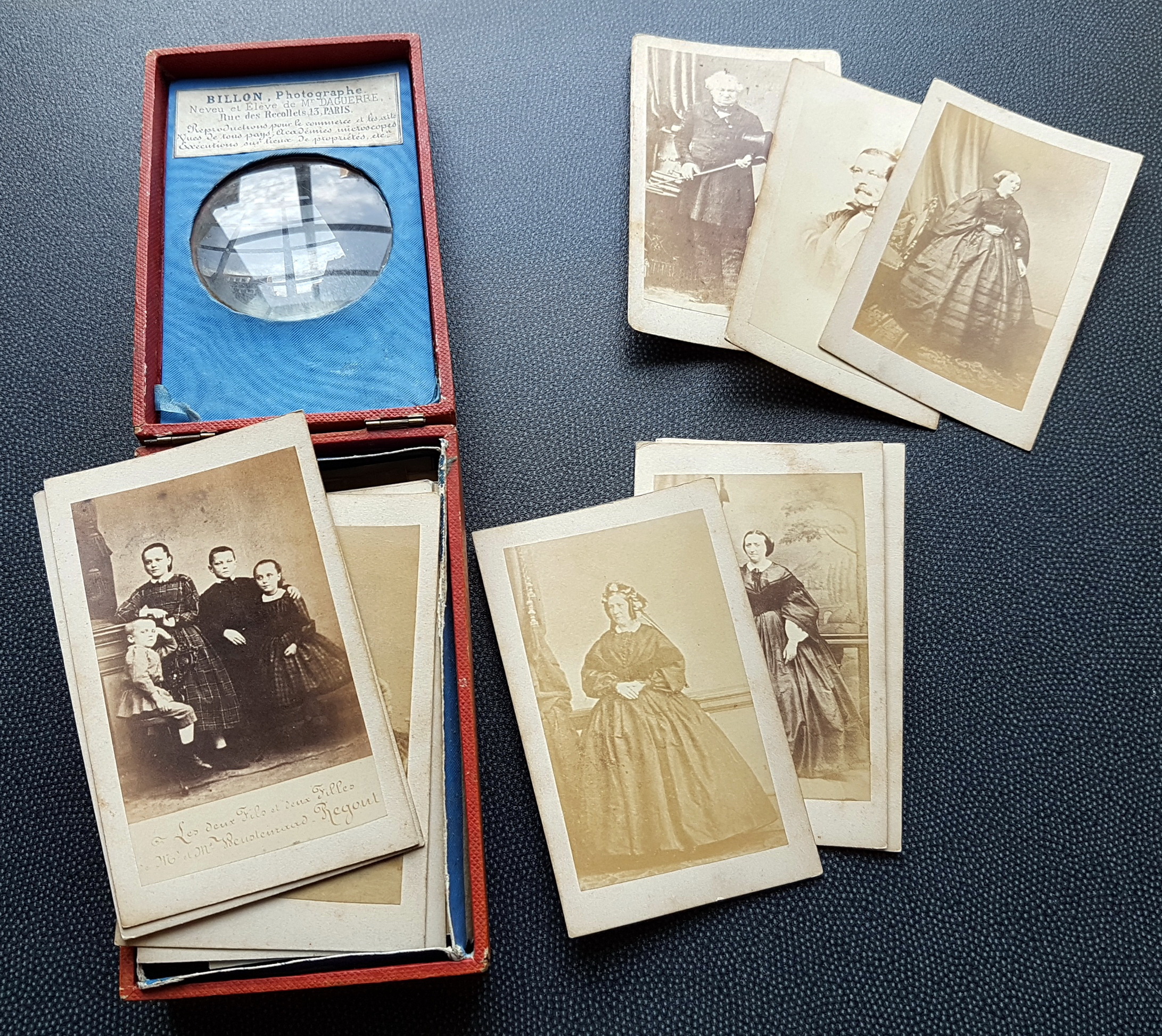|
Classic recipes also add a red colouring to the mix, but I thought it won't really change much. Probably next time worth adding anyway.
Things I enjoyed reading
Those familiar with Daoism might as well know about Zhuangzi, an ancient text with stories and anecdotes, teaching how to stop caring about stuff:
Within the Zhuangzi, we can identify another reason for why we should not strive to be useful: trying to be useful can end up being harmful to yourself. The gnarly tree can remain standing because it is deemed useless, whereas the tree that is neat and straight is cut down for timber. Zhuangzi later tells the story of a dream in which a similarly deformed oak tree says of its more useable brethren: ‘Their utility makes life miserable for them, and so they don’t get to finish out the years Heaven gave them, but are cut off in mid-journey.’ Sometimes uselessness is survival, or even enables one to thrive.
I read its translation years ago, so don't really know how close it was to the actual text, and yet do believe that once you stop striving to impress or serve a purpose your life gets only better.
A great essay on the importance of defaults (whether it's values, products, or apps):
The beautiful thing about defaults is that they beat almost any competing product – even if that competitor has strong network effects or is technically superior.
This is why Apple Maps has higher market share than Google Maps, why Apple Music is able to catch up with Spotify, and why Google pays Apple $15bn a year to remain the default search engine on Safari.
While I personally find Apple Music better than Spotify (and Google Maps better than Apple Maps), I can't really argue that without being a default option many products would never stay at the market for so long (looking at you, Bing).
For quite some time I was sad that when changing flats we had to move onto an electric stovetop. As someone who cooks a lot I do appreciate the instant response gas stoves have, and their compatibility with pretty much any pan materials.
There are cons as well though:
There was one day of the week that NO2 levels didn’t spike, however. Every Tuesday we get takeout and, unsurprisingly, on those nights, NO2 levels were much lower.
The holidays offered another opportunity for testing. On Christmas Eve, we went to the mountains to visit my family for a night. When I looked at the air quality monitor data for that day, I saw that our NO2 levels were lower than any other day in the month.
I am linking to the second part as that's where the most details are, but do have a look at the first part as well.
If you participate in hiring engineers these days, you probably know how hard it is.
And if you are an engineer, chances are your mailbox is full of unexpectedly generous offers for companies you've never heard about.
Any game theorists in the audience have correctly deduced by now that the Best Alternative To Negotiated Agreement here is: the status quo. Is an extra $10k per year worth learning a new org, a new skillset, a new set of expectations, a new set of coworkers, and a new boss?
For many engineers, the answer is: “No.”
As someone who happens to play for both sides of the equation at the moment, I am indeed surprised that companies are not ready yet to fix their interview pipelines and benefits for the state the world is in.
Coffee and cookies in the office don't really work anymore, while a budget for a home office might as well be a great perk to have, as well as a four-day work week.
I probably heard about this theory at some point in the past, but have not seen yet such a simple explanation of its main ideas:
One reason problem solving is difficult is that it requires you to keep in mind the goal you’re trying to reach, how far you are from the goal, and potential operations to move forward. This creates a lot of cognitive load that makes it harder to identify the solution procedure.
Removing an explicit goal can also reduce cognitive load. For example, a classic trigonometry problem might ask a student to find a particular angle. A “goal-free” way to present this would be to ask students to find as many angles as possible.
I'd love to read more about applying them to learning languages (if that's even possible), as the article just touches on it.
Some good food for thought:
This made me think about how I tend to visualize code, and it’s a little hard to describe. I think it usually lives in my head in a variety of ways, depending on the level of abstraction and specificity, and there’s some combination of all of them there at the same time. Depending on the need, I can jump between them pretty well, especially if I’m very familiar with the codebase.
The author shares a few examples as well, and at least some of them definitely remind me of the ways I tend to imagine code myself. And it's hard to describe indeed.
I used to have Estonian e-citizenship. It got deprecated at some point (as I got lazy and stopped renewing it), but it was a beautiful piece of technology: a mixture of 2FA and a passport, that held the power to open bank accounts and create companies without borders.
Everything comes at a price though:
More worrying, and not limited to 120,000 faulty cards affected, is a core design feature regarding the way private encryption keys were generated and handled. The ID card's private encryption key used to authenticate digital signatures should be generated inside the card chip to ensure only that card knows it - a good example of privacy by design. Instead, keys were generated in a server operated by the card manufacturer and copied to the card over the internet.
That being said, technologies will always be broken or affected by malicious players, but it shouldn't decrease the value of them: just prompt better mediation strategies.
Something I can definitely relate to: productivity happens when you start to accept yourself with all your flaws, and once you acknowledge those it gets way easier to work around them:
In distraction mode, my mind is looking for new inputs. It usually occurs when I’m not 100% convinced that what I’m doing is what I really should be doing.
My way of embracing it is to always have a (virtual) box of healthy intellectual “snacks” ready.
This is important because otherwise, it’s easy to just doomscroll for hours and consume intellectual junk.
So instead of fighting with the urge to eat cakes before bed make them healthy and keep eating.
These days the knowledge of Git is pretty much expected for any developer, and yet by "knowledge" we usually mean "capability to execute five commands in any order until one of them works".
On one hand, it's pretty sad, but on the other unless you work in a very big company with lots of people working on the same chunks of code, you don't really need much.
And yet it's great to learn the internals too, and this is a very easy-to-read intro:
In Git, however, there is no such thing as a master branch. Wait, didn’t I write above that there commonly is a master branch? Yes, I did. However. This master branch only exists locally. There is no relationship between the master branch in one repository and the one in another repository, except for the relationship you create.
I can't say I got more efficient at my Git-fu straight away, but definitely got a better understanding of some parts.
I don't think I've mentioned it before, but at some point Sasha gifted me a lockpicking set, and I had to pick a lock in order to get to the last gift. I didn't really got any better than that, but now as well might get back to it, as this is a very detailed guide on what to do next:
When you have some locks, if things are just a bit too tough, you can either remove some pins in the locks to make things easier or go back online and buy a set that gets progressively more difficult: ones with just two pins, all the way up to five or even six pins. If you're planning on removing pins yourself you'll need tweezers and some place to store them--corrugated cardboard is the least expensive if you want to d.i.y. it, but pinning mats are inexpensive, too.
Also I can confirm that it's lots of fun and makes watching heist movies slightly more hilarious from now on.
Things I didn't know last Tuesday
For quite a while there was a belief that Queen Victoria had a favourite soup:
Brown Windsor soup’s fame extends far beyond the hijinks of The Goon Show. Cookbooks including The Daily Mail Modern British Cookbook typically describe the “thick meat soup” as a popular dish in Victorian times, with some recipe authors going so far as to call it “Queen Victoria’s favorite.” The dish is so synonymous with traditional Victorian-era gastronomy that recipes for it appear in The Unofficial Harry Potter Cookbook and The Unofficial Downton Abbey Cookbook. Characters dine on brown Windsor soup in a 1994 episode of Agatha Christie’s Poirot, just as they do in the 2021 television adaptation of Around the World in 80 Days.
| 